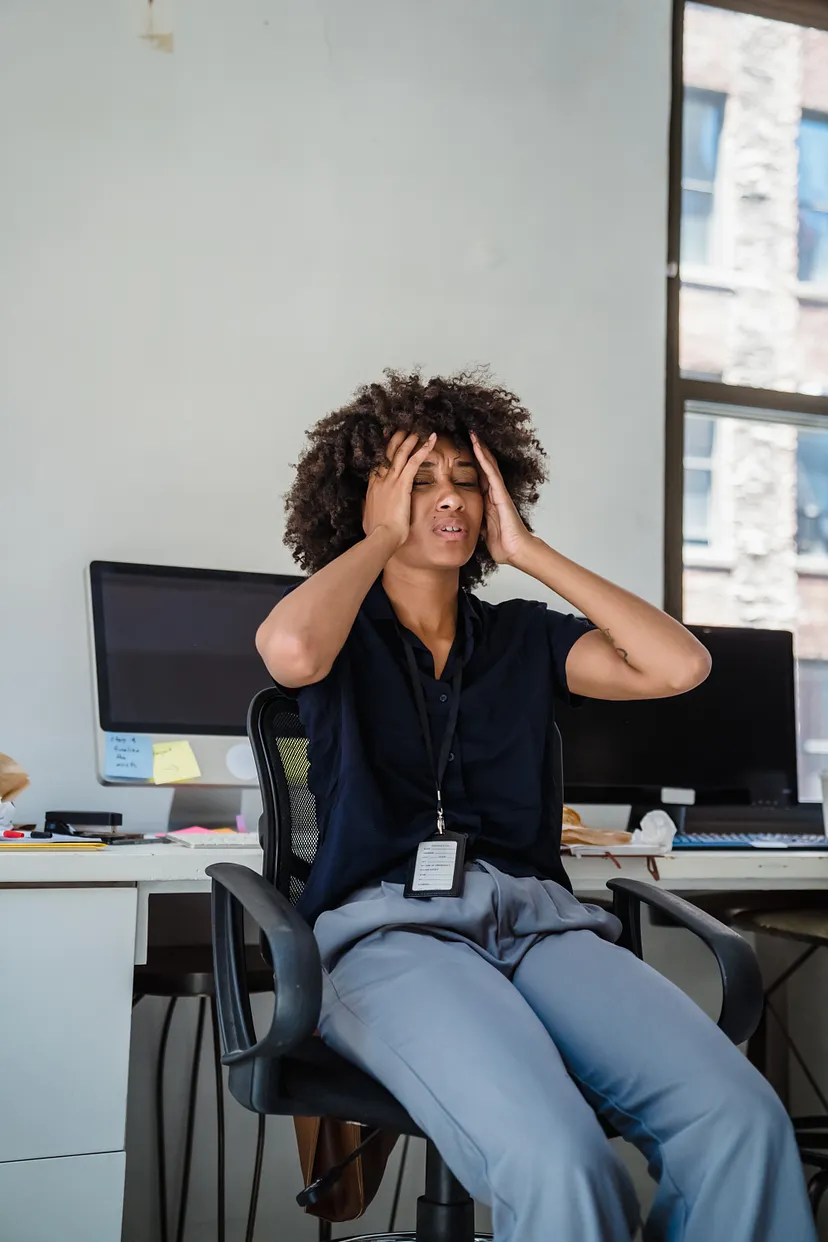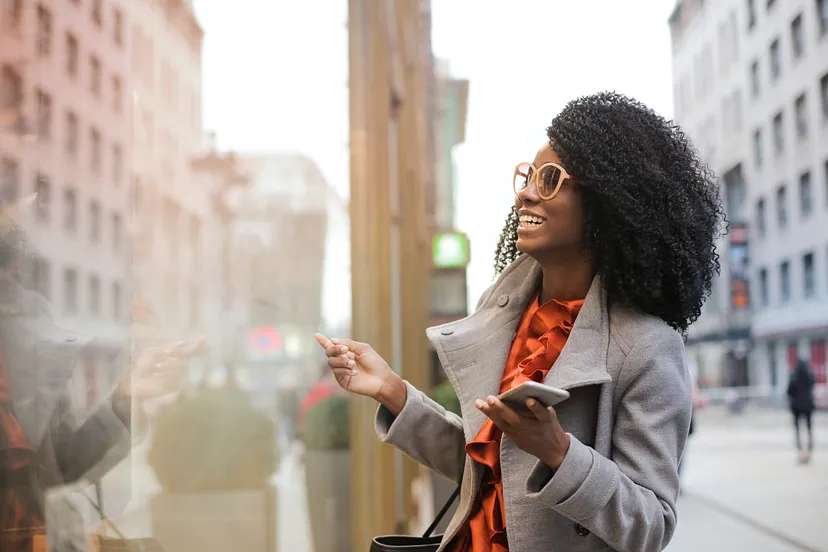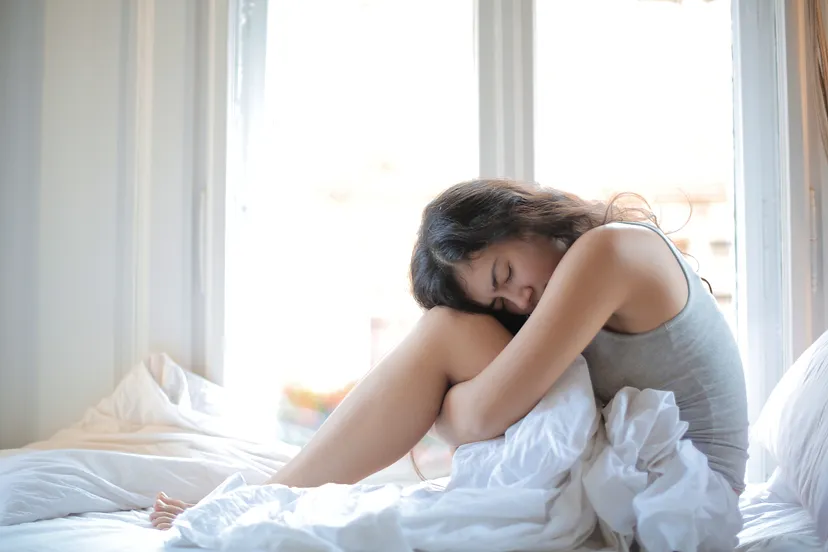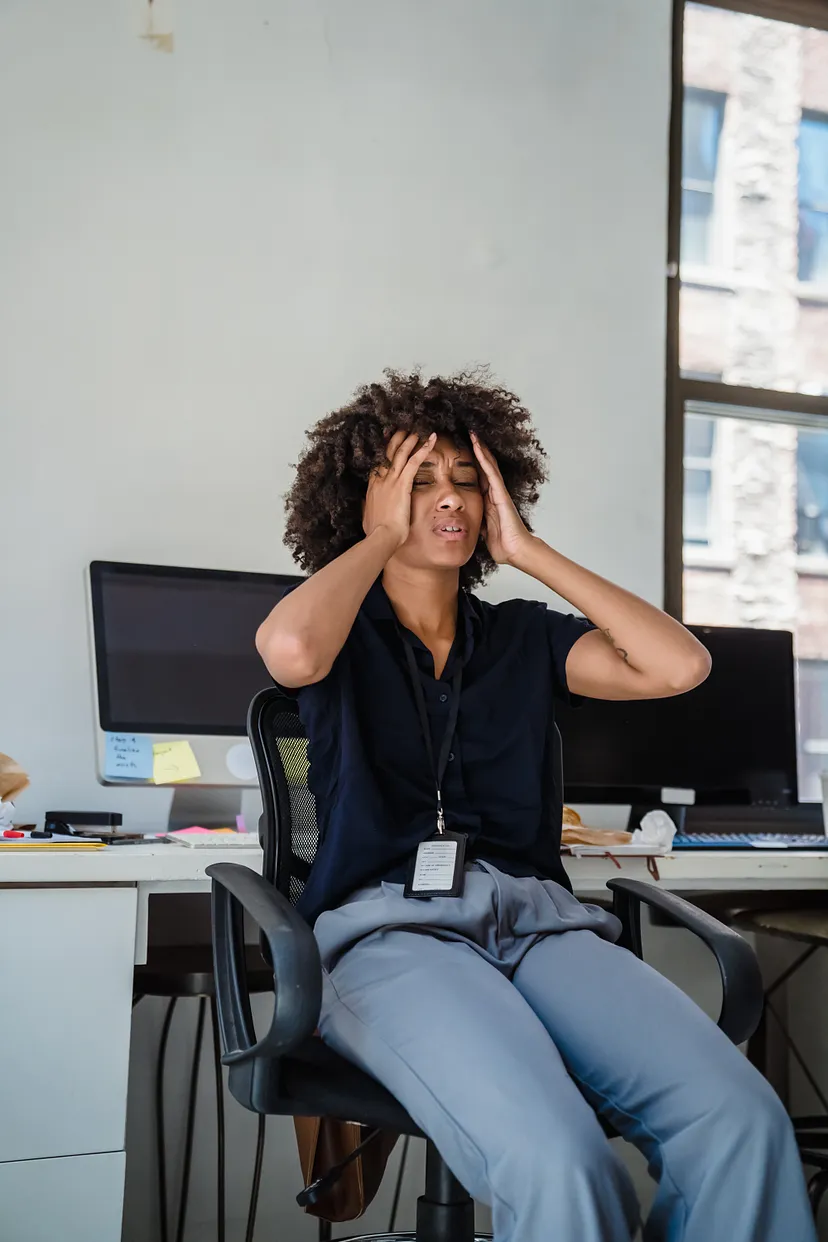The 21st century has significantly shifted our perception of mental health. A few decades ago, this topic was a taboo that would not be openly discussed publicly. In 2008, the U.S. House of Representatives designated July National Minority Mental Health Awareness Month to destigmatize mental health struggles within underrepresented communities.

Image via Pexels
For centuries, minority groups have continued to show their resilience by standing strong amidst discrimination and violence. Whereas most individuals would become demoralized and hopeless while facing such injustice, Black Americans, in particular, have pushed to celebrate joy as an act of resistance. Black joy has been a way for the Black community to keep a constructive outlook in life and express pride in their culture by owning their narratives. The Latinx community has also made it a point to rejoice in their tradition and challenge society’s negative perceptions by leveraging social media to honor their heritage. Being resilient and optimistic has become a healthy way of resting the body, mind, and spirit in response to the traumatic and racialized experiences that BIPOC people constantly encounter.

Image via Pexels
Unfortunately, despite the strength the minority community has demonstrated, the stories of Black and Latina individuals struggling with mental illness continue to grow. In 2021, More Black adults attempted suicide than any other racial or ethnic group. In an interview with Sarah Arguelles, a student at John Jay, she said, “People of color tend to feel like they’re not enough — not American enough, good enough, smart enough, or pretty enough. I tried to bury any part of myself that made me unique. I felt like I couldn’t live up to white beauty standards.”
The college student stated, “It’s important to observe National Minority Mental Health Awareness Month because being vocal about what we’re facing and what this month gives BIPOC people the space to be vulnerable and talk about their struggles. As people of color, we’re told to be strong and push forward no matter our adversities or hardships. We never give ourselves the space to breathe, take a break, or reflect on what we’re going through.”
Sarah Arguelees is one example of a young woman of color who has opened up about her story. Many others like her may not have the desire to publicly discuss their struggles or have access to resources that may help them.

Image via Pexels
In July 2022, Cleveland Clinic interviewed psychologist Kia-Rai Prewitt, Ph.D., about the mental health challenges faced by racial and ethnic minority communities. Prewitt explained, “A lot of people don’t realize the impact of race-related stress on racial and ethnic communities. Or they aren’t thinking about some obstacles for people of color to access quality health services, including mental health treatment.”
To combat this problem, the past few years have brought a rise in social media influencers coming to the forefront to speak up about the importance of mental health within the BIPOC community and break the ongoing stigma.
Desi K. Robinson, a TV commentator, is using media as a lens to make pop culture meets public health. As the creator and host of Women in the Making: Tomorrow’s: History Today, a health and lifestyle radio show that speaks to and from the perspective of today’s girl, she is a welcoming leader using Black Joy to spread awareness about wellness for the Black community.
In the mental health space, Latina and Black women are at the vanguard, using their experience to spread awareness about how race-related issues impact the physical, mental, and emotional health of women of color. Fitness coach Chrissy King is actively fighting racism in the wellness space. As an advocate for the Black Lives Matter movement, she is committed to highlighting racial bias in wellness. T. Morgan Dixon, the founder of GirlTrek, a public health and self-care organization for Black women, is harnessing the power of social media by connecting with her followers through love and encouraging them to embrace their personalities with pride.
Jillian Mercado, a Latina actress, model, and activist, leads the conversation on living with a disability in her industry. She recognizes how representation on screen can inspire women of color like her and has made it her goal to bring that to her community. Additionally, Adriana Alejandre, the creator of the podcast Latinx Therapy is on a mission to demystify mental health stigmas within the Latinx community and use her expertise in psychology to reduce the anxiety, grief, and depression her patients feel due to racial trauma.
This year, it’s time to change the mindset about mental health for underserved demographics and increase awareness about their unique struggles to reduce racial bias in the health and wellness space. If you’re currently in need of support and need to speak with someone about your mental health, check out the following resources:

